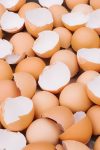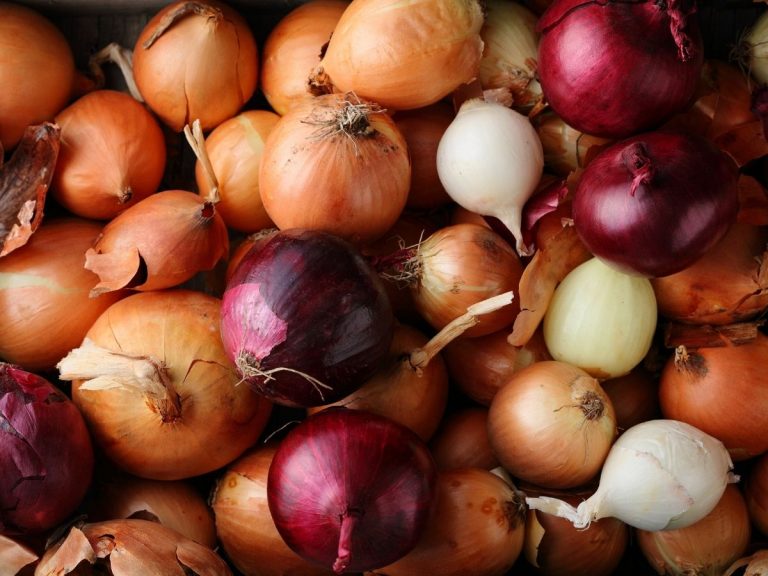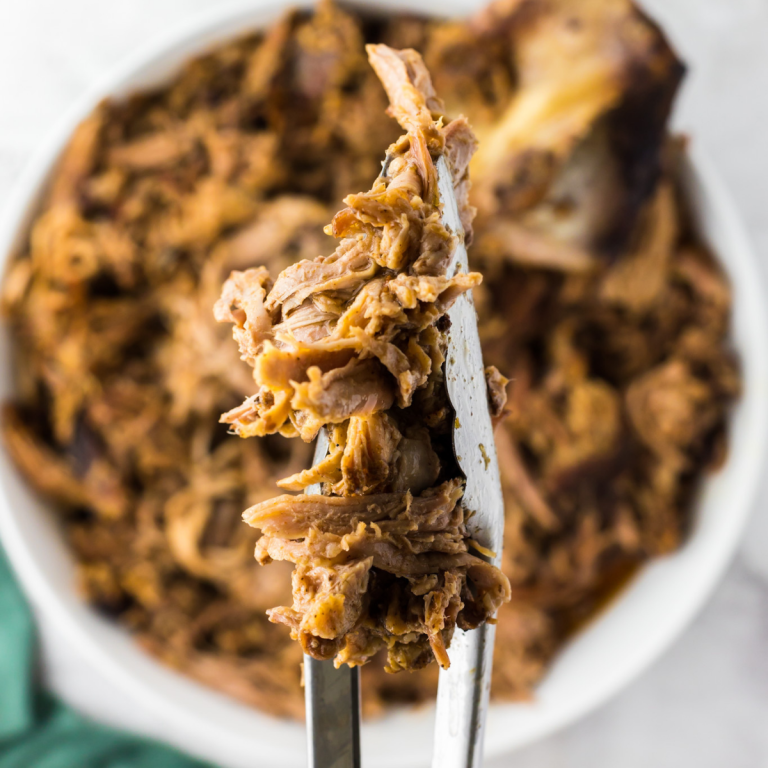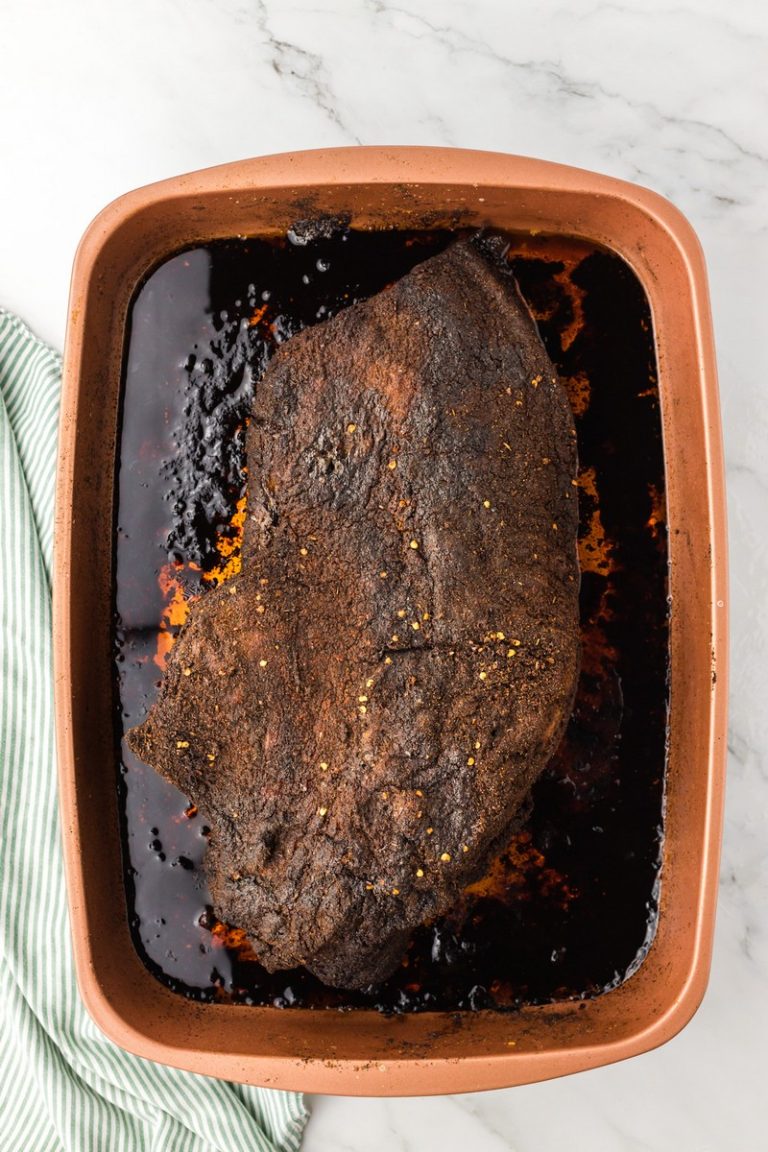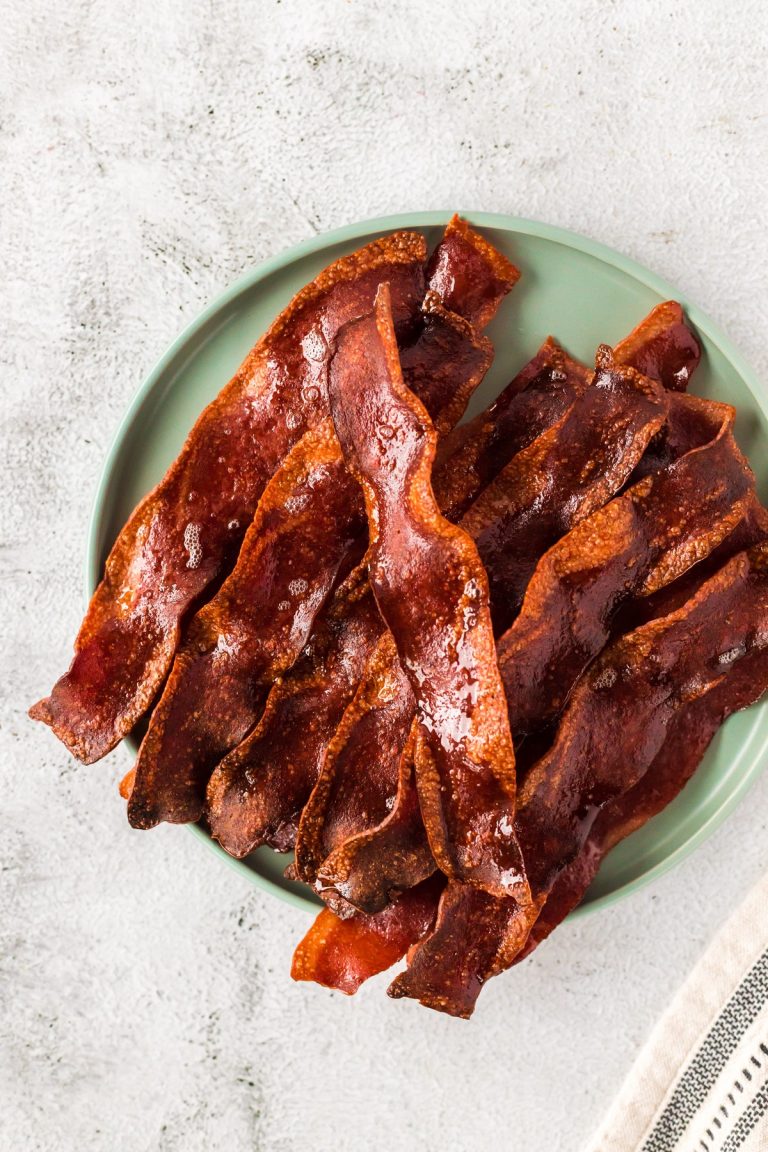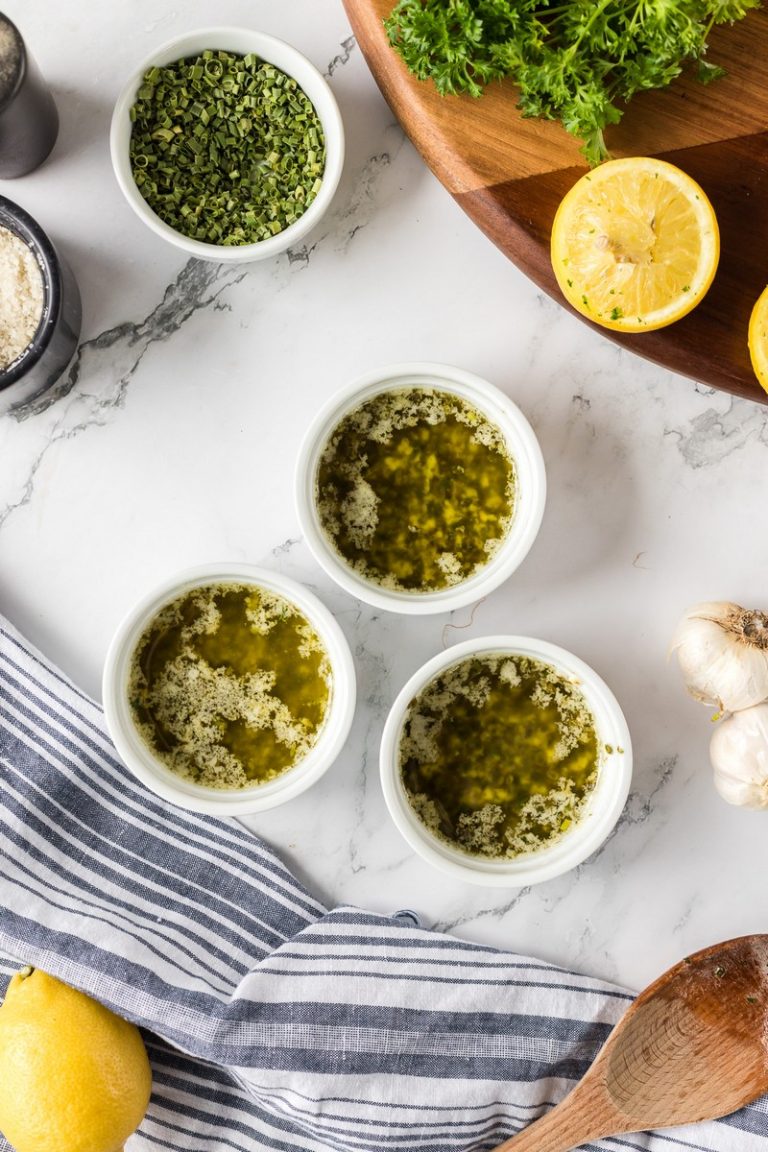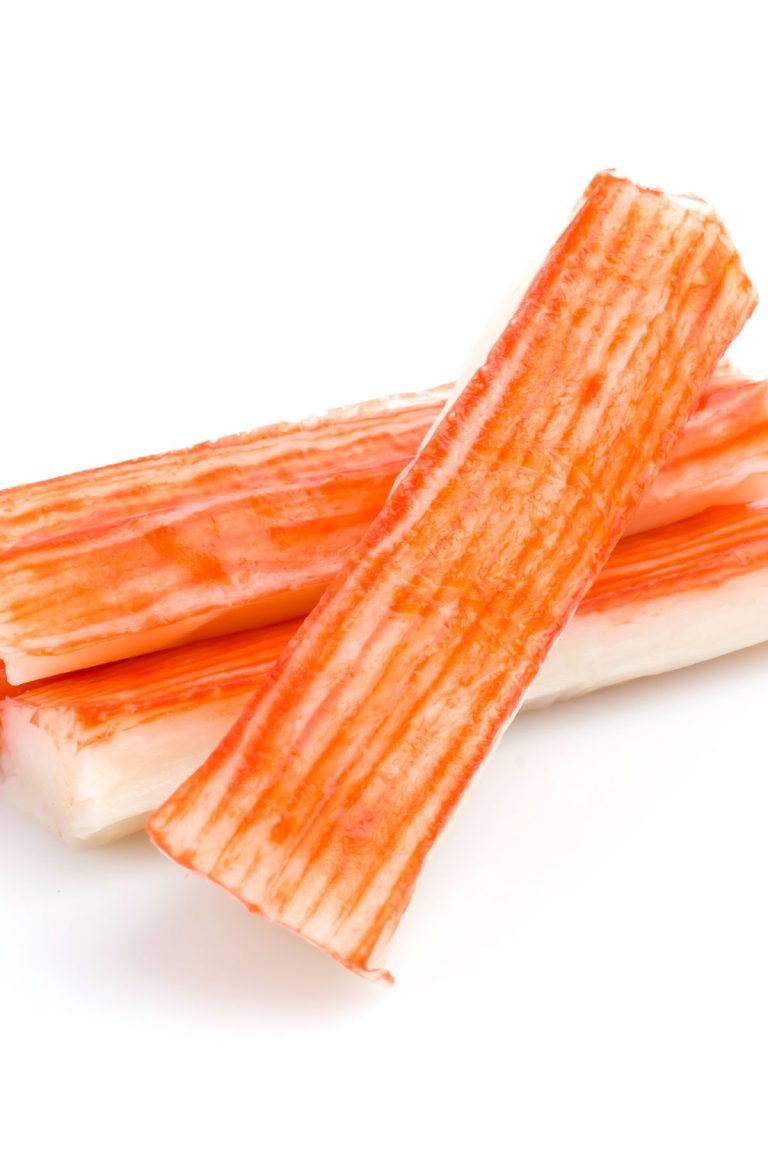If you have a garbage disposal installed, you’ve likely wondered which foods should and shouldn’t go down at some point. While it can handle many food scraps, can you put eggshells down the garbage disposal without ruining it? In this post, I’m dispelling myths and offering practical advice for proper kitchen waste management.
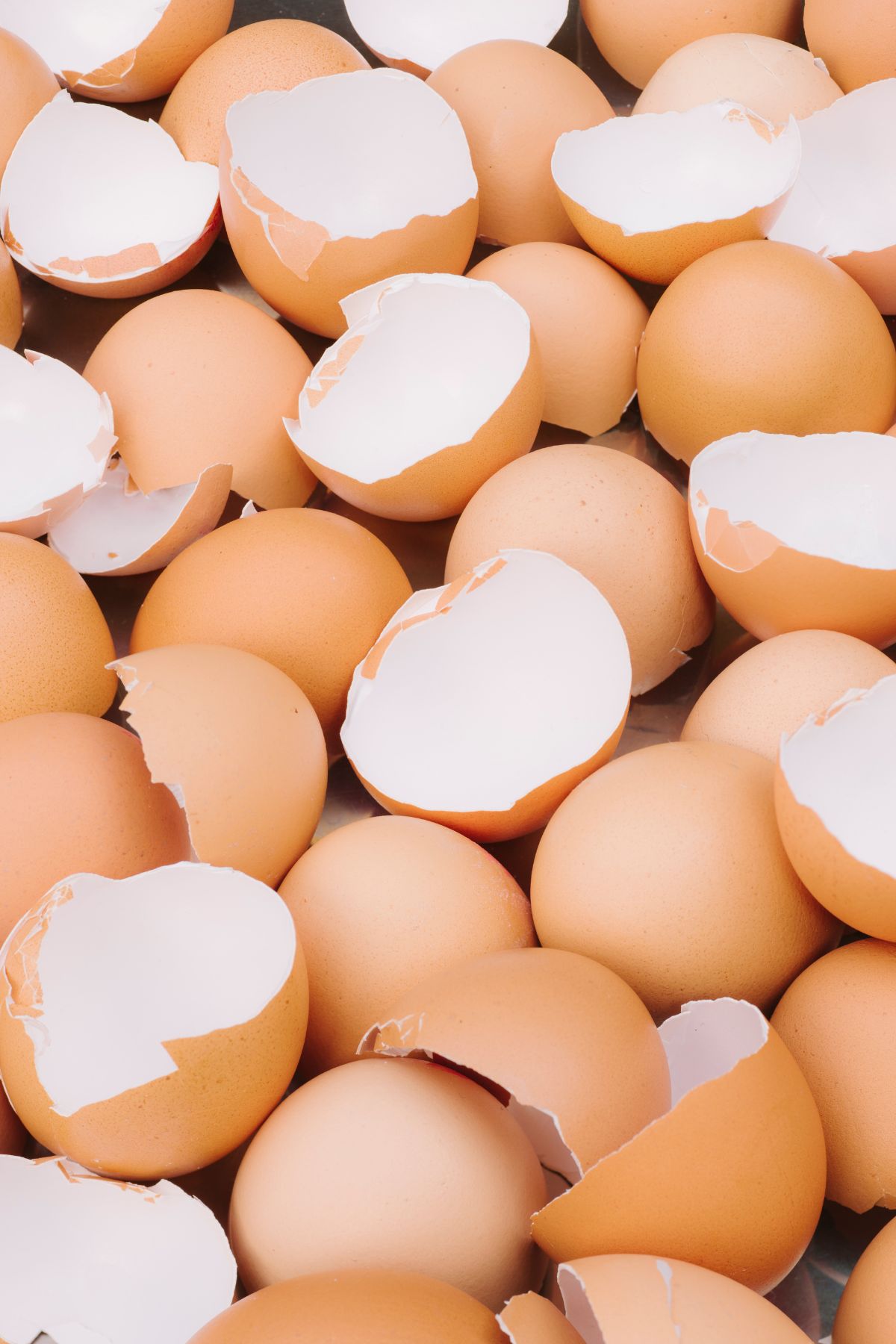
Eggshells are a subject of controversy regarding garbage disposal etiquette. Many of us grew up being told that grinding eggshells in the disposal is beneficial — it supposedly sharpens the blades and helps clean the unit.
On the other hand, some argue that eggshells can dull the blades or, worse, lead to clogs and plumbing issues due to their membrane lining. Understanding the mechanics of garbage disposals and the nature of eggshells themselves will help separate fact from fiction in this common kitchen dilemma.
Understanding Your Garbage Disposal
To make the most informed decisions about what goes into your garbage disposal, you need to understand how this appliance works in the first place! A garbage disposal is equipped with a grinding chamber where food waste is pulverized into small particles.
These particles are then flushed down the drain with water. The disposal is designed to handle biodegradable kitchen waste, making it safe for most soft food scraps, small bones, and non-fibrous vegetables.
However, it’s not a catch-all solution. Hard, fibrous, or starchy materials can cause blockages or damage the disposal’s mechanics.
The Truth About Eggshells In The Disposal
Contrary to the belief that eggshells sharpen disposal blades, disposals don’t actually have blades. Instead, they have impellers that are not sharpened by hard materials.
While eggshells are relatively brittle and can be broken down, the membrane lining can pose problems. It’s sticky and fibrous, which means it may potentially wrap around the impellers, leading to inefficiencies in the grinding process.
Potential Risks And Problems
Eggshells can be disposed of in your garbage disposal, but there are risks to be aware of. Here are just a few of them:
- Potential dulling of impeller: Eggshells might dull the impeller in the garbage disposal, reducing its effectiveness over time.
- Risk of plumbing blockages: Ground-up eggshell pieces can stick to pipe walls, especially if they’re mixed with other wastes like grease or coffee grounds. This minor issue will potentially lead to more significant clogs.
- Build-up from eggshell membrane: The membrane of eggshells can stick to the disposal’s moving parts, accumulating gradually and impacting its functionality.
- Professional intervention required: These blockages and build-ups might necessitate professional plumbing services to resolve.
Best Practices For Eggshell Disposal
Instead of risking potential plumbing problems by using the garbage disposal, try these alternative and eco-friendly methods for disposing of eggshells:
- Composting: Eggshells are a fantastic addition to compost bins! They add valuable calcium to the compost, benefiting the soil and the plants. Just crush them up before adding them to speed up their breakdown.
- Garden Use: Crushed eggshells can be sprinkled directly in the garden. They act as a natural fertilizer and can help deter certain pests, such as slugs and snails.
- Creative Reuse: Eggshells can be used for various DIY projects, from making chalk to creating mosaic art.
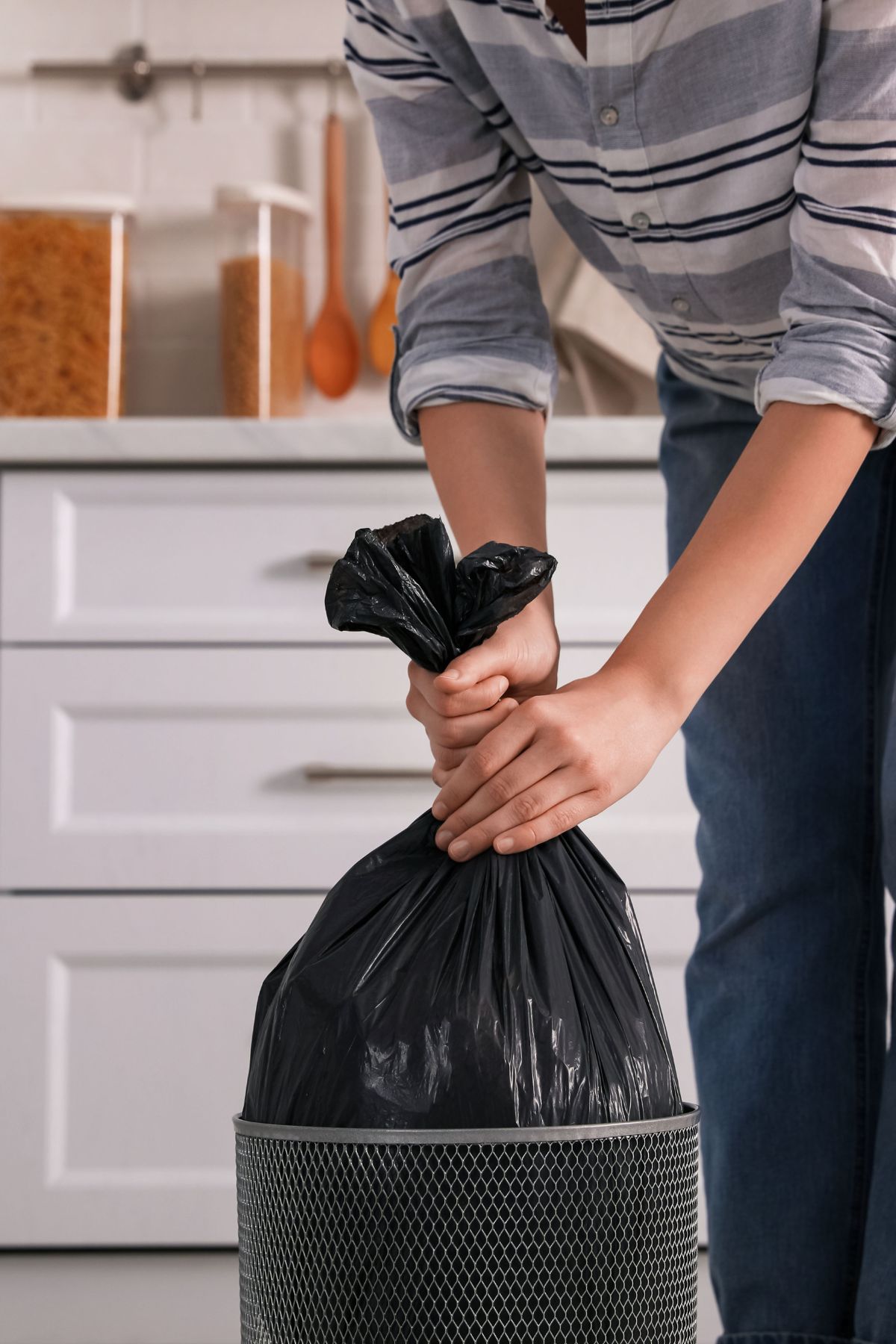
Safe Foods For The Garbage Disposal
While garbage disposals may not be designed for eggshells, here’s a list of items that are generally safe to send down this kitchen appliance:
- Fruit and vegetable scraps: Feel free to dispose of apple cores, carrot ends, and other similar fruit and vegetable scraps. Disposals are designed to handle them.
- Small bones and cooked meat: While it may seem counterintuitive, small bones from fish or chicken, along with cooked meat scraps, can usually be handled by the disposal. However, use discretion with larger bones.
- Cooked grains and pasta: Leftover cooked grains like rice or pasta can go down the disposal in small quantities. Be cautious with more significant amounts, as they can expand and cause blockages.
- Soft food waste: Cooked or soft food waste such as mashed potatoes, beans, or cooked vegetables can be safely ground up in the disposal.
- Bread and baked goods: Stale bread, cookies, or other baked goods can go into the disposal. They break down easily and won’t harm the appliance.
Even with disposal-friendly items, moderation is key. Overloading the disposal or putting down too much at once can lead to clogs and damage. It’s also important to always run water while the disposal is in operation to help flush down the food particles.
Maintenance Tips for Your Garbage Disposal
To keep your garbage disposal running smoothly and efficiently, follow these maintenance tips:
- Regular cleaning: After use, run cold water and a small amount of dish soap through your disposal to regularly clean it.
- Avoid hard and fibrous materials. Large bones, coffee grounds, and fibrous vegetables can damage or clog the disposal. Avoid throwing them down it whenever possible.
- Ice cubes for sharpness: Occasionally grinding ice cubes can help keep the impellers sharp and clean.
- Freshen up: Freshen the disposal by grinding citrus peels, which also helps eliminate odors.
- Professional check-ups: Have your disposal professionally inspected if you notice any persistent issues or reduced efficiency.
Takeaway
While it may seem convenient to put eggshells down the garbage disposal, the potential risks to your plumbing and the appliance itself aren’t worth the convenience. Composting or using eggshells in the garden is not only safe but also better for the environment.
Proper maintenance and care of this kitchen appliance are crucial to its longevity and efficiency. By following these guidelines and understanding the limitations of your unit, you can avoid unnecessary plumbing issues and ensure a long-lasting machine.

